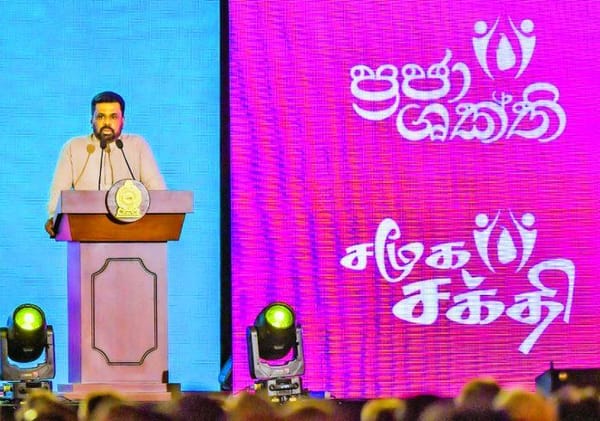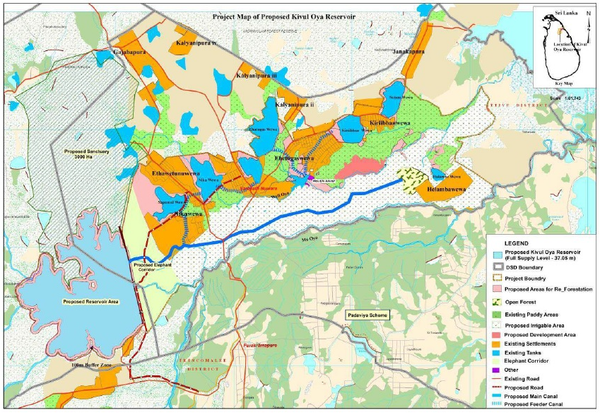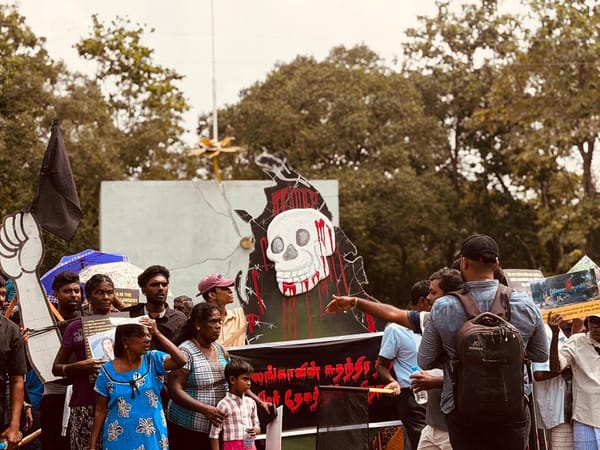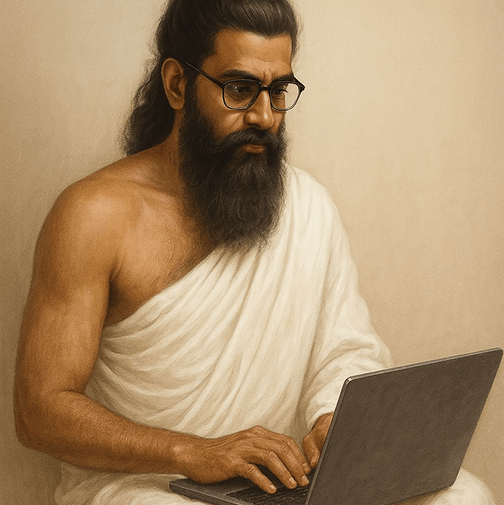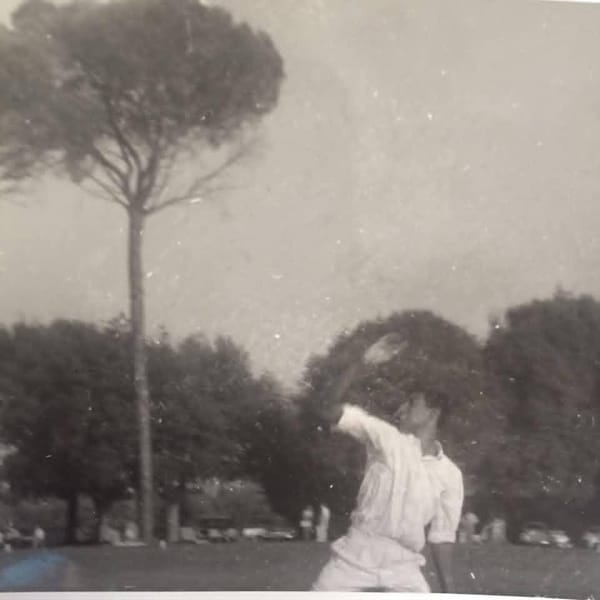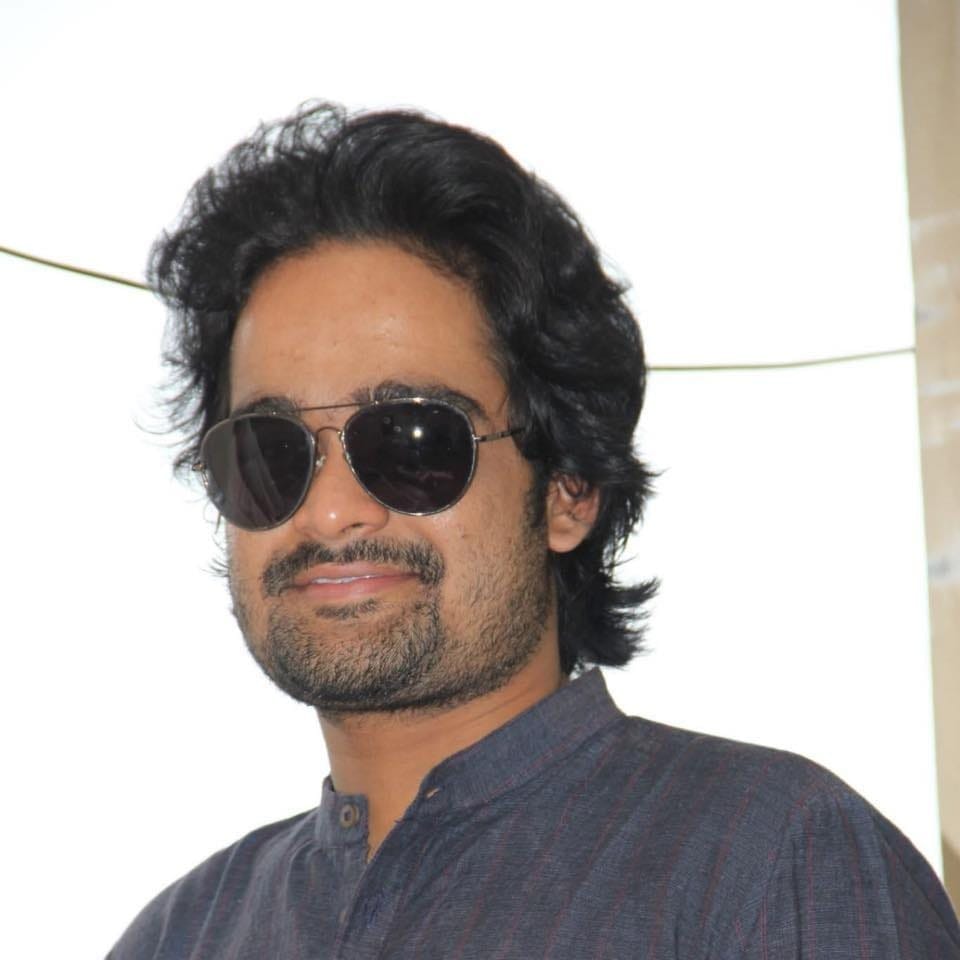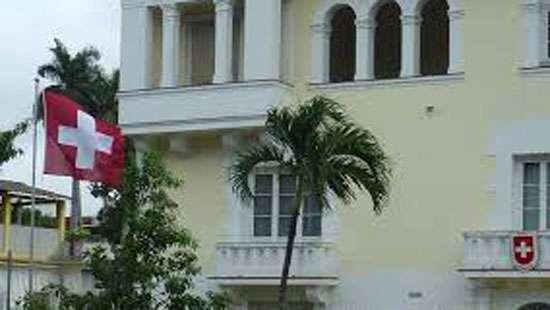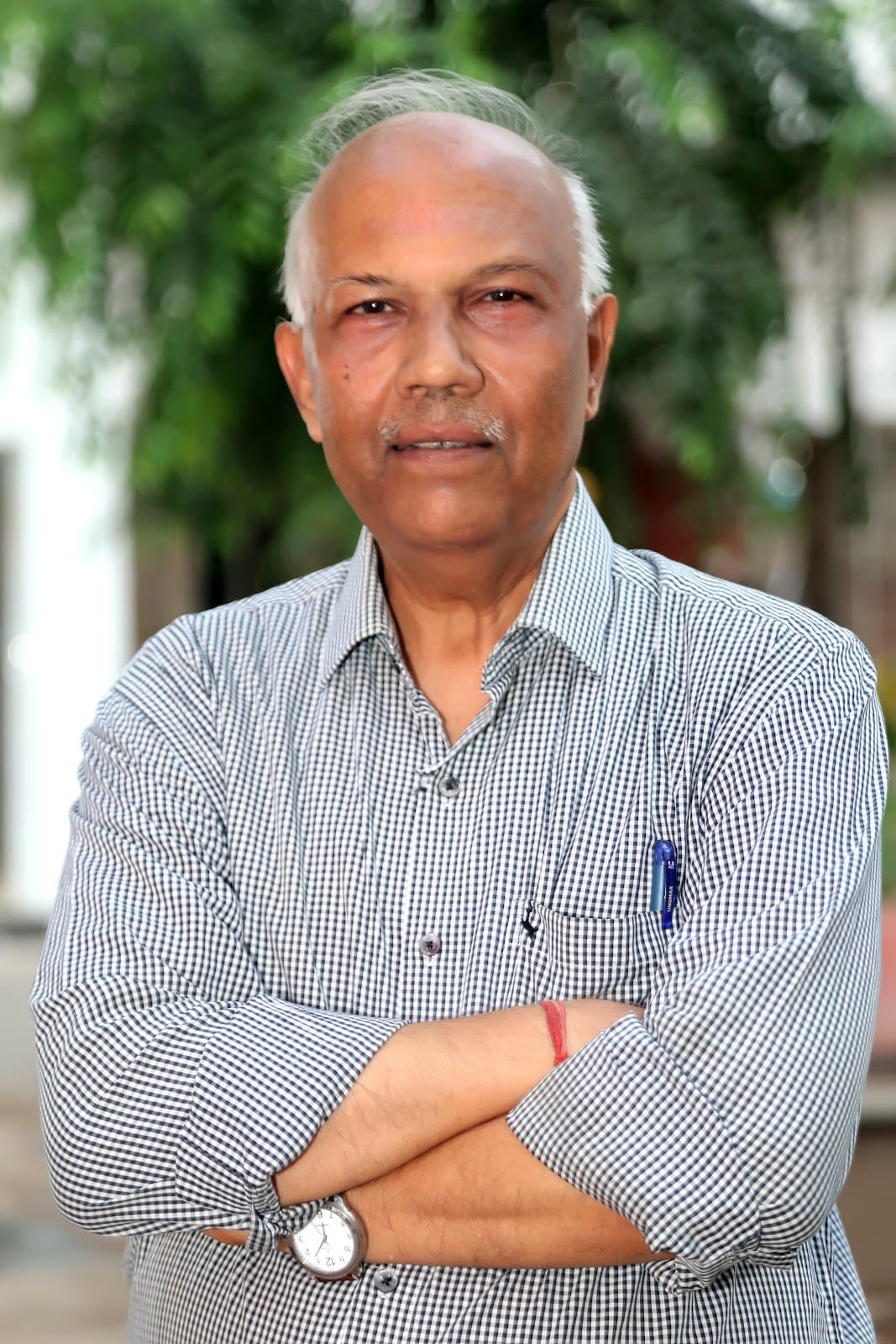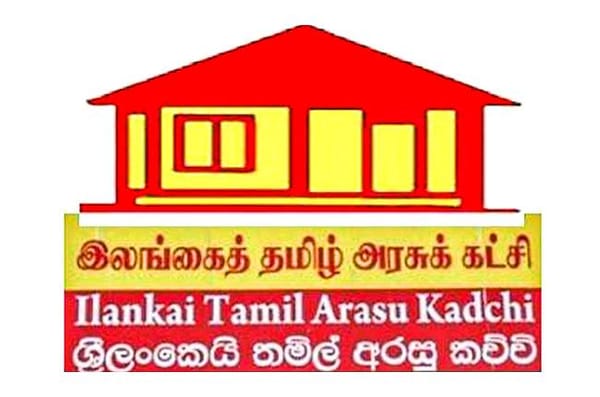Prime Minister Harini Amarasuriya has firmly rejected calls for an international investigation into alleged war crimes in Sri Lanka, insisting that accountability must be pursued through domestic mechanisms—a position that has drawn sharp criticism from Tamil parliamentarians and raised questions about the Prime Minister's apparent ideological shift from her activist past.
Government's Stance: Domestic Over International
Speaking in Parliament in response to oral questions, Prime Minister Harini Amarasuriya reiterated that Sri Lanka does not support resolutions adopted at the United Nations Human Rights Council (UNHRC) aimed at establishing external accountability mechanisms.
"The people have entrusted this government with a mandate to bring meaningful change, and we will use that mandate to safeguard citizens' rights and welfare through national systems," the Prime Minister said, warning that external intervention would "only deepen divisions within the country and hamper internal reconciliation efforts."
She stressed that the government remains committed to conducting accountability processes exclusively through what it describes as "reliable domestic channels."
From Academic Critic to Government Defender
The Prime Minister's current position marks a striking departure from her earlier views as a scholar and rights activist. In a 2015 article titled “Beyond the Political Spinning of the Geneva Resolution,” Harini Amarasuriya wrote critically about how successive governments used the UNHRC process for political gain, while expressing doubt about Sri Lanka’s ability to deliver genuine justice domestically. At the time, she implicitly supported international scrutiny as a means of holding perpetrators accountable.
In that essay, then-academic Harini Amarasuriya condemned the government’s tendency to “bend over backwards to reassure the Sinhala majority and the military” while failing to address the grievances of Tamil victims documented in the UNHRC report. She lamented that authorities had made no effort to “reassure victims that justice will be served to them,” and described the UNHRC resolution as being “about justice for victims of human rights abuses and initiating a process of acknowledging the horrors of war.”
A political observer noted that those words reflected a scholar who once believed in accountability and in the legitimacy of international oversight — an acknowledgment that Sri Lanka’s domestic systems lacked the credibility to confront wartime abuses.
“But fast forward a decade,” the observer elaborated, “and Prime Minister Amarasuriya now takes the podium in Parliament to argue the opposite — that international involvement ‘would only deepen divisions within the country and hamper internal reconciliation efforts.’ The same figure who once criticized the state’s Sinhala-majoritarian reassurance politics now defends domestic mechanisms led by institutions that Tamil representatives insist remain deeply distrusted and structurally compromised.”
TNA MPs’ Scathing Critique
Tamil National Alliance (TNA) Batticaloa District MP Shanakiyan Rasamanickam delivered a pointed rebuttal to the Prime Minister’s position, saying he “totally disagrees” with her claim that international mechanisms would divide the country.
“If we are to achieve genuine reconciliation, there must be a process trusted by the affected communities. You have rejected that trust. I express my disappointment as a representative of those affected communities,” he said.
He noted that many victims’ representatives had initially hoped the new government would support international investigations, but those hopes have been dashed.
“Our position remains clear — we reject your domestic mechanism. As representatives of the affected communities, we continue to demand an international investigation because we have no confidence in Sri Lanka’s internal systems. This has been our position for the past sixteen years since the end of the war,” Shanakiyan declared.
Systemic Failures: The Numbers Tell the Story
The MP backed his criticism with detailed statistics revealing the dysfunction of existing domestic accountability bodies. “The Office on Missing Persons (OMP) should have at least 250 staff members, but one year after you came to power, there are only 29 employees. Is this what you call a credible domestic mechanism?” Shanakiyan asked.
He pointed out that of 59 regional offices, only 13 positions were filled, and of the LKR 129 million allocated, only LKR 36 million had been spent as of June 30.
Office for Reparations: Broken Promises
Turning to the Office for Reparations, he highlighted a pattern of unfulfilled commitments. Although it was agreed in 2009 to provide temporary financial support of LKR 200,000 per affected family, only 253 families have received approximately LKR 60 million in total.
In 2022, then-Minister Ali Sabry proposed LKR 100,000 per family — a proposal that was rejected. The amount was later revised to LKR 200,000 and rejected again.
“In 2024, LKR 1 billion was allocated, but only LKR 800 million was spent. In the 2025 budget, another LKR 1 billion was allocated, yet not a single rupee has been distributed so far,” he said.
Military Appointments Fuel Distrust
Shanakiyan expressed particular concern that two newly nominated members to the Reparations Office have military backgrounds.
“Out of the five members, three Tamil representatives are opposing these appointments. How can such an office claim to function credibly or impartially?” he asked.
The Prime Minister neither denied nor addressed the allegation regarding military-affiliated appointments during the parliamentary exchange.


